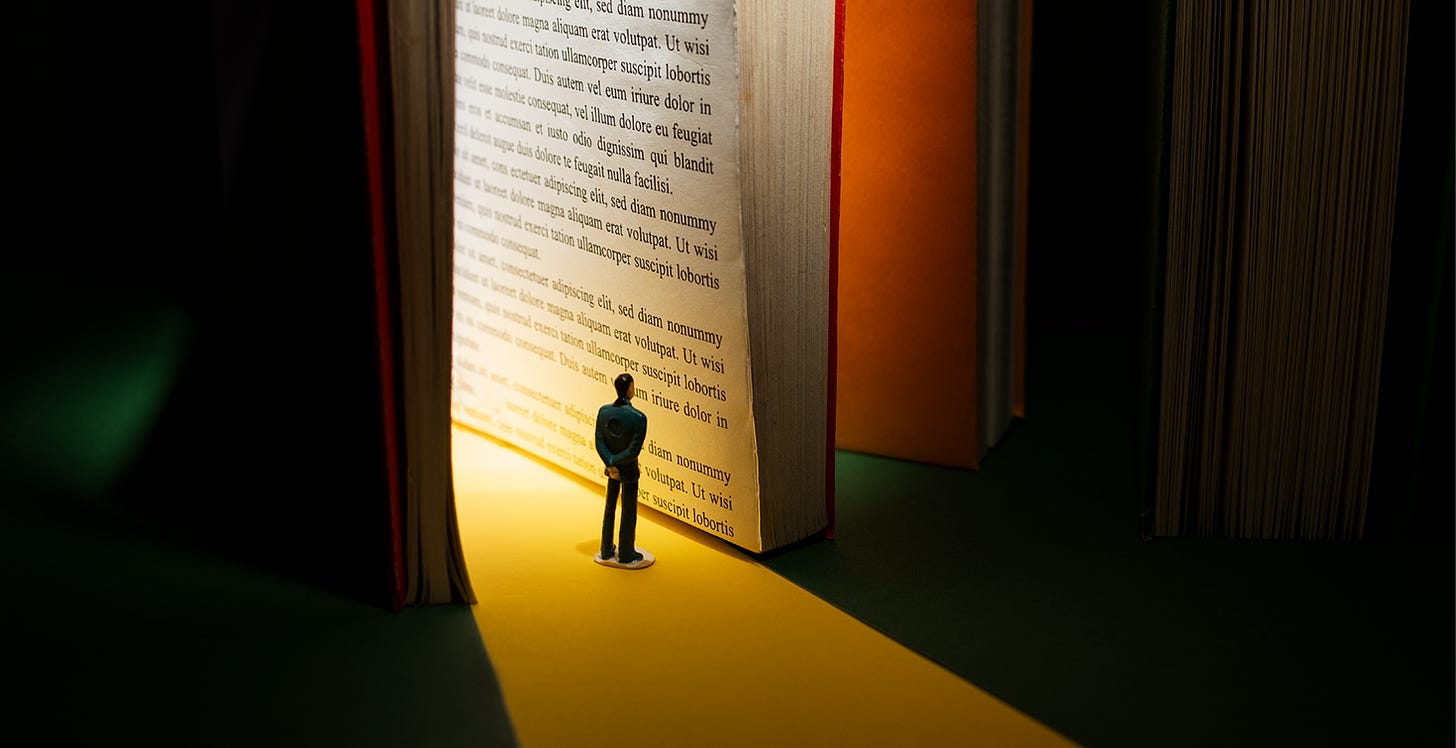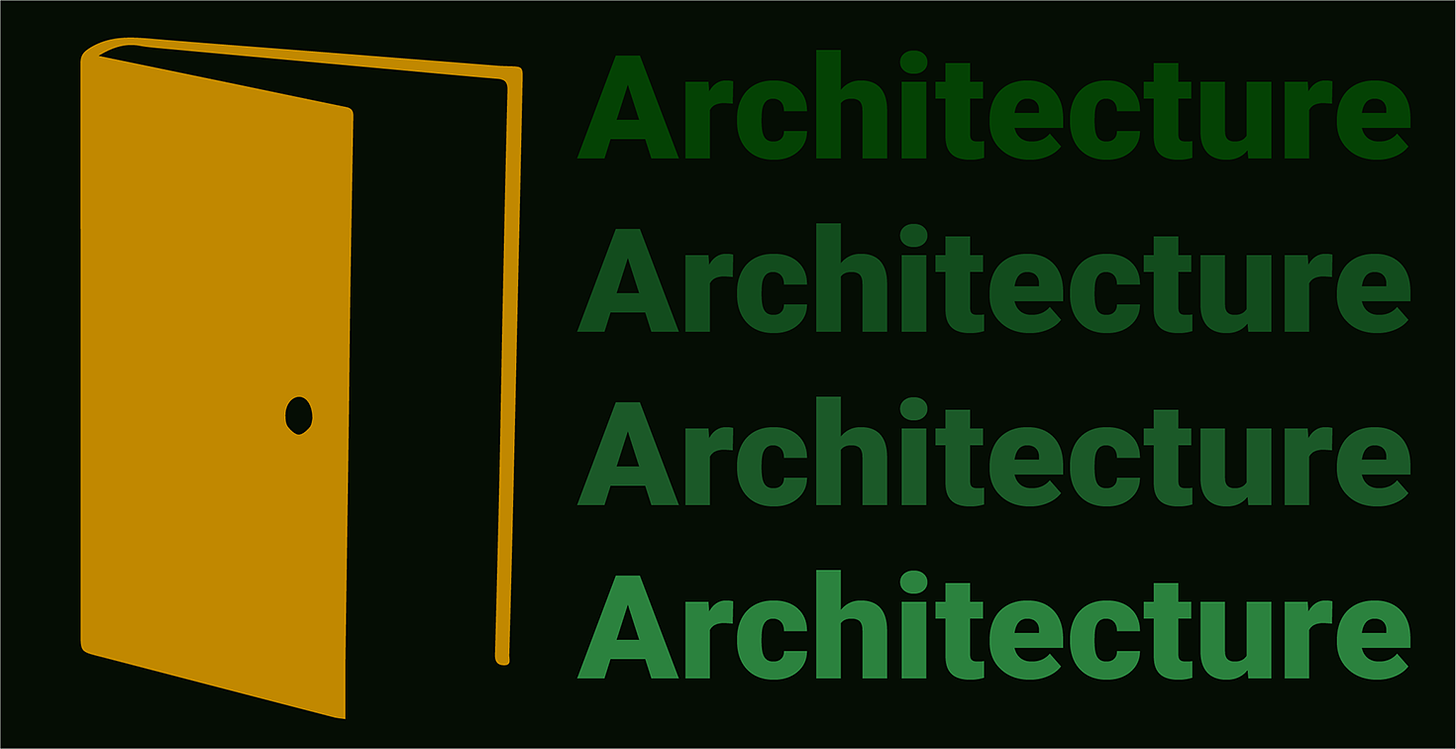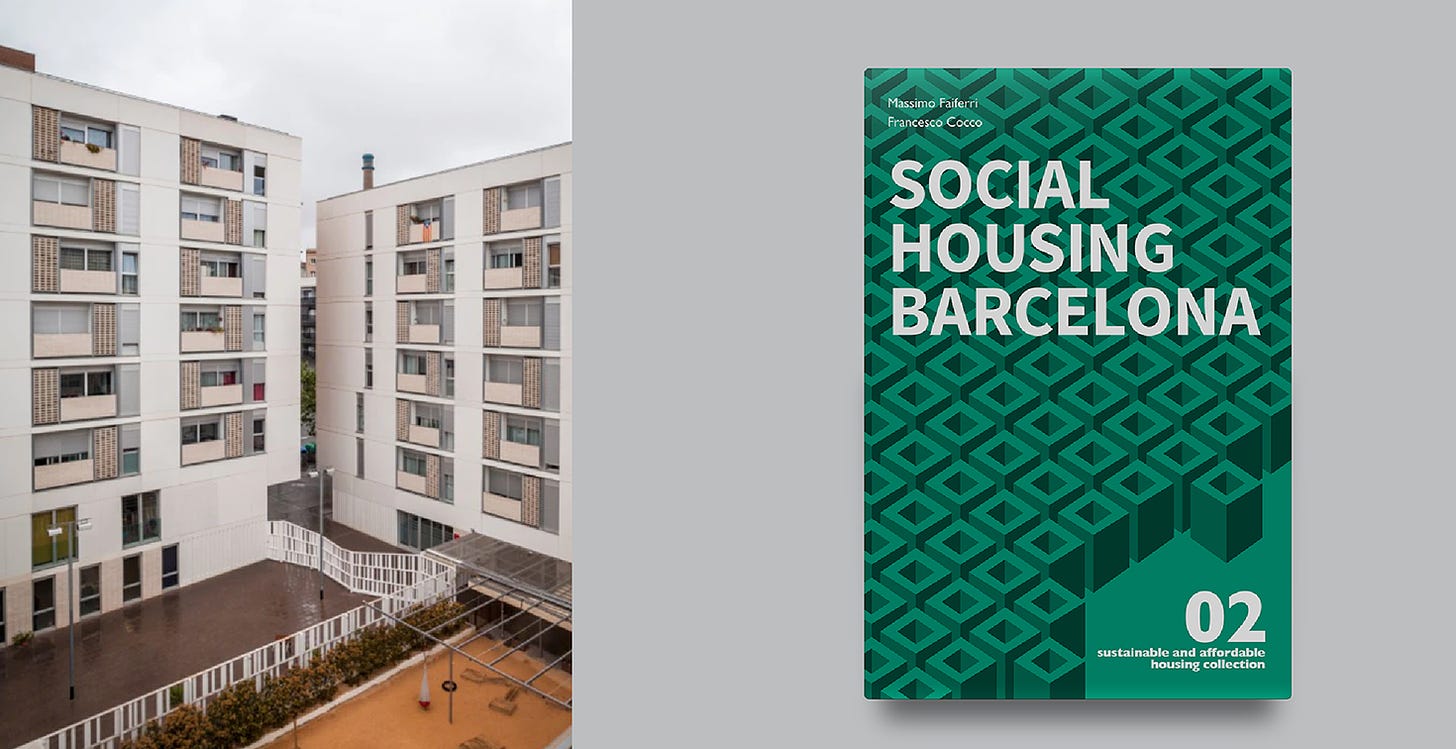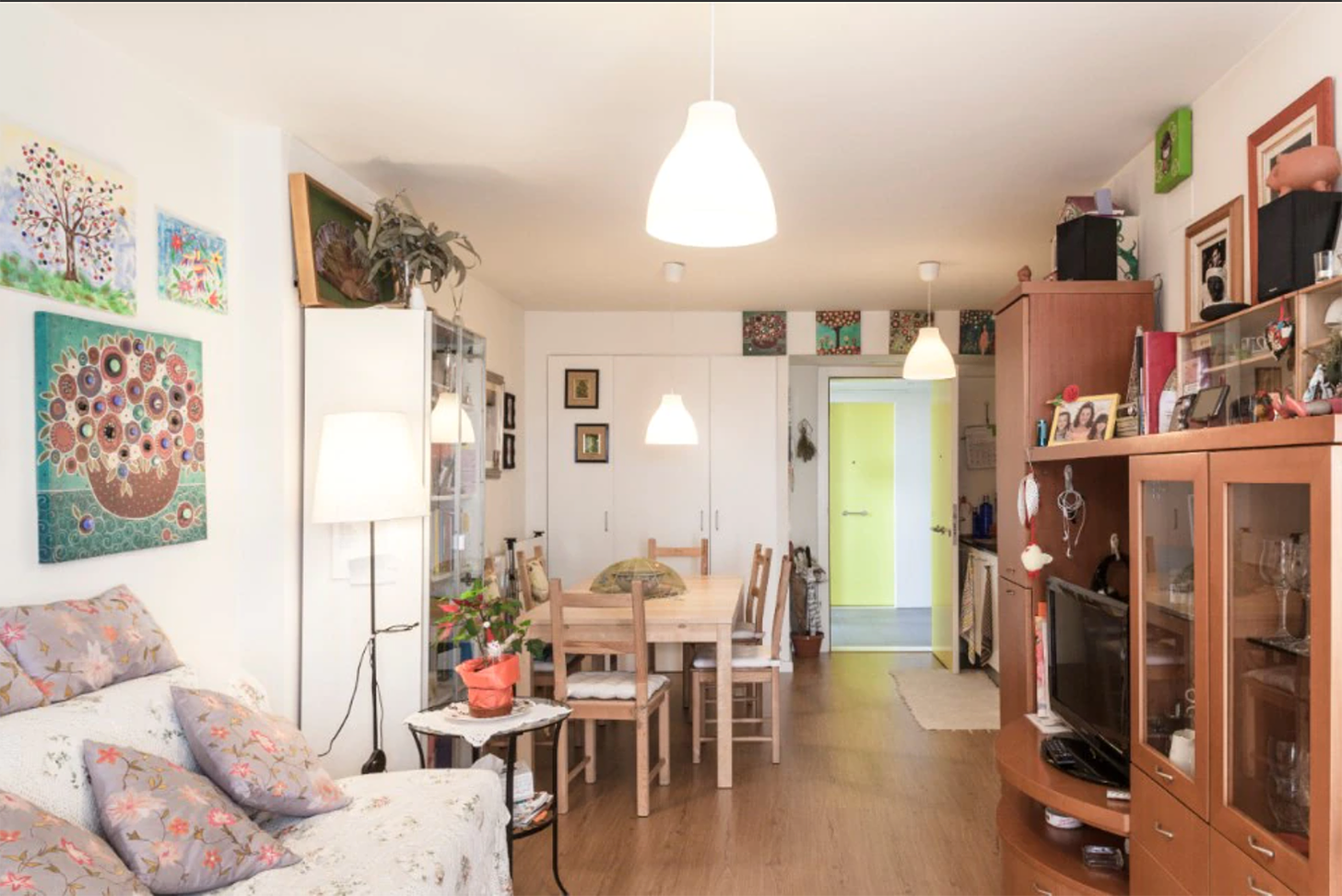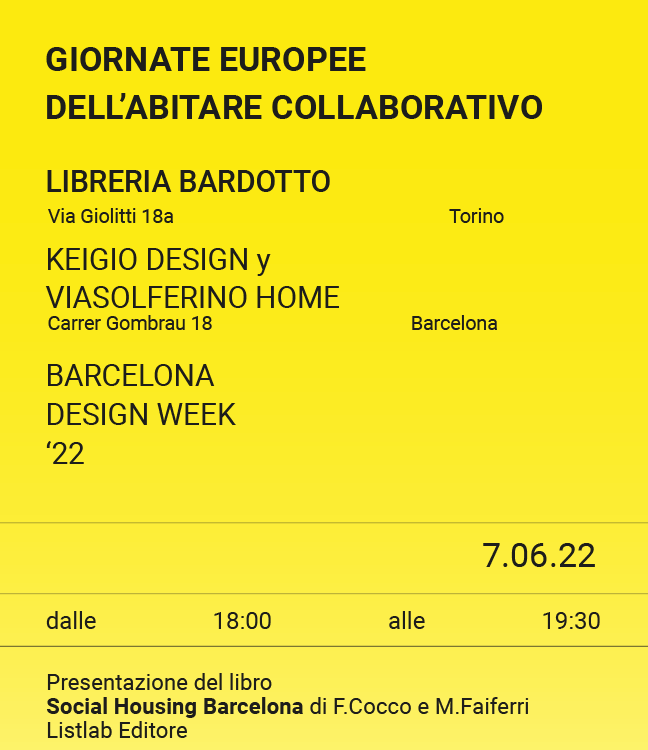SalTo, the most important Book Fair as well as the largest Italian event dedicated to the world of publishing and related fields, was held in Turin at the Lingotto from March 19th to 23rd. For those who have never been there, imagine it as a maze of tables, stacks of books, chairs, sofas and small living rooms where you can meet the authors, discuss themes and visions, listen to readings and insights. In addition, there’s Salone OFF, a series of events held in the libraries and creative spaces of the city. In short, you can deal with the vast program of events only by following the flow of the coming and going of words captured in the air and printed on book covers and tote bags. We have run into so many interesting and unexpected topics: from circular economy to sex work, from gender issues to artificial intelligence, from history to science fiction... but no trace of architecture! Well, more or less.
There were only a few architecture publishers, but they all registered a general lack of interest among the public. No panel was dedicated to architecture, except the meeting with Sarah Gainsforth, author of "Abitare stanca", published by Effequ.
In other words, if the Salone is an observatory, we can deduce that we do not talk about architecture, we do not discuss, we do not write and we do not read about it.
Turin
7th June 2022
reading time: 4’ 20’’
As architects, we must search our own hearts: in the last few decades we have focused on the issues related to building and production, on style and look, on green requirements, losing sight of the political and social role of the discipline. This has produced an empty dialogue among experts, devoid of that capacity of imagination that is typical of books. It seems that architecture has lost the energy to make proposals and build directions for the future that go beyond aesthetics, functionality, fashion.
When Vitruvius wrote the De Architectura, he did not only collect information, but he outlined the figure of the architect, his role in ancient society and his main duties; for this reason the volume is still a masterpiece.
In the 1960s, architecture was considered capable of interpreting and translating common wills, promoting change and spreading the culture of living the world and the landscape. In recent decades, this ability has been replaced by quantitative and economic aspects. Despite this, recently, architects discussed a lot about cities, civic participation, green deals, but the different opinions expressed by the various disciplines has not established a common objective, contributing on the contrary to strengthening a specialized vision of the urban phenomenon, losing sight of the cultural and political role of architecture as capable of relating spaces and collective needs. Being aware of the power of architecture, it’s easy to wish for books that help us imagine better, deeper and more sustainable relationships with our spaces.
How can we reverse the trend? By raising public awareness, opening up to different points of view and languages, discussing conflicting ideas, leaving the circle of the professionals.
So, after this examination of conscience, we feel the urge to do something. And it is thanks to the conversation with a few publishers at the Salone that a first proposal for a “Salone OFF OFF” event was born, in order to start talking about architecture.
Let’s start from the only key word that we have grasped: HOUSING, a theme to which, among other things, the month of May is dedicated.
We will talk about it at the Bardotto bookstore in Turin (Via Giolitti) with two architects: Chiara Casotti, expert in cohousing and collaborative living (here you can find a recent intervention at TEDxModena) and Francesco Cocco, researcher and founder of the Interdisciplinary Group Abitare Sociale, who will be joining live from KEIGIO DESIGN y VIASOLFERINO HOME during the Design Week in Barcelona.
Why talk about HOUSING?
Because it is the experience of architecture par excellence; an experience that is, first of all, human and social and that as such reflects society, because the way in which people experience their home and their personal context reveals more general socio-cultural and political trends, fundamental to gaining awareness about the fact that urban environments influence the lives of all of us.
Chiara Casotti and Francesco Cocco will help us to reflect on the theme of the house as a place of relationship and interaction between public and private and to look at the territory as a system of spaces with its own topographical, historical and social identity, to be inhabited and transformed into occasions for the regeneration of communities. House and territory: starting points and meeting points to innovate the life of the city and to build a new type of proximity. It will be so evident that contemporary housing can no longer be conceived as an isolated event, but a promoter of new relationships with the landscape, people, their needs and their community forms, becoming an instrument to establish a new productive relationship with the construction of the city, a living organism that is regaining importance in the collective culture as a fertile ground for experimentation.
In his book "Social Housing Barcelona" (written with Massimo Faiferri), Francesco Cocco collects his research on housing in the city of Barcelona, the social housing promoted by public institutions for over-65 people, a significant example of how urban architectural design can focus on the relationship between city and citizens, overcoming the usual disciplinary and operational boundaries and experiencing a progressive and inevitable hybridization of themes, functions, uses, forms and materials to find the right balance between the elements of the urban landscape.
Chiara Casotti, in light of her experience and knowledge of cohousing and collaborative living, will offer us a point of view on the community and solidarity value of the house and on how the private nucleus can become a source of regenerating energies for the social and neighbourhood fabric.
Architecture must no longer be the exclusive prerogative of the laws of fashion, market and profit as it has been in recent decades, but must reaffirm itself as a generative source of well-being and social vitality, able to improve the connection between individual and community.
Isn't that something worth talking, discussing, reading and writing about?
We look forward to seeing you next Tuesday, online or offline... to take part in the debate and disseminate your thoughts!
Chiara Casotti and Francesco Cocco address the theme of living and discuss possible models and solutions drawing on their respective research.
Presentation of the book "Social Housing Barcelona", F.Cocco and M.Faiferri, 2019, Listlab
Moderator: Chiara Sonzogni
The event will also be broadcasted live on Instaura's Facebook page
AT
Bardotto Bookshop - Via Giolitti, 18a - TURIN
KEIGIO DESIGN y VIASOLFERINO HOME - Carrer Gombrau, 18 - BARCELONA
For info: redazione.instaura@gmail.com
011/885004 - libreria.bardotto@gmail.com
If you’ve read this far… THANK YOU!
If you liked this post, why not share it?
and if you have any comments or suggestions, write us!
See you for the next Postcard!





